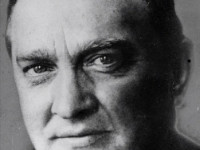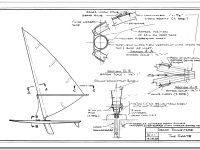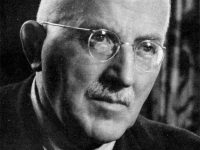Luna 10 – the First Artificial Satellite of the Moon
On March 31, 1966, Soviet Luna program, robotic spacecraft mission was launched. Luna 10 was the first artificial satellite of the Moon. In 1959 the Soviet Union started its lunar exploration program with Luna 1 and continued the program until 1976 with Luna 24. The Luna Programme The Luna programme consisted of a series of robotic spacecraft missions sent to the Moon by the Soviet Union between 1959 and 1976. Fifteen out…
Read more











